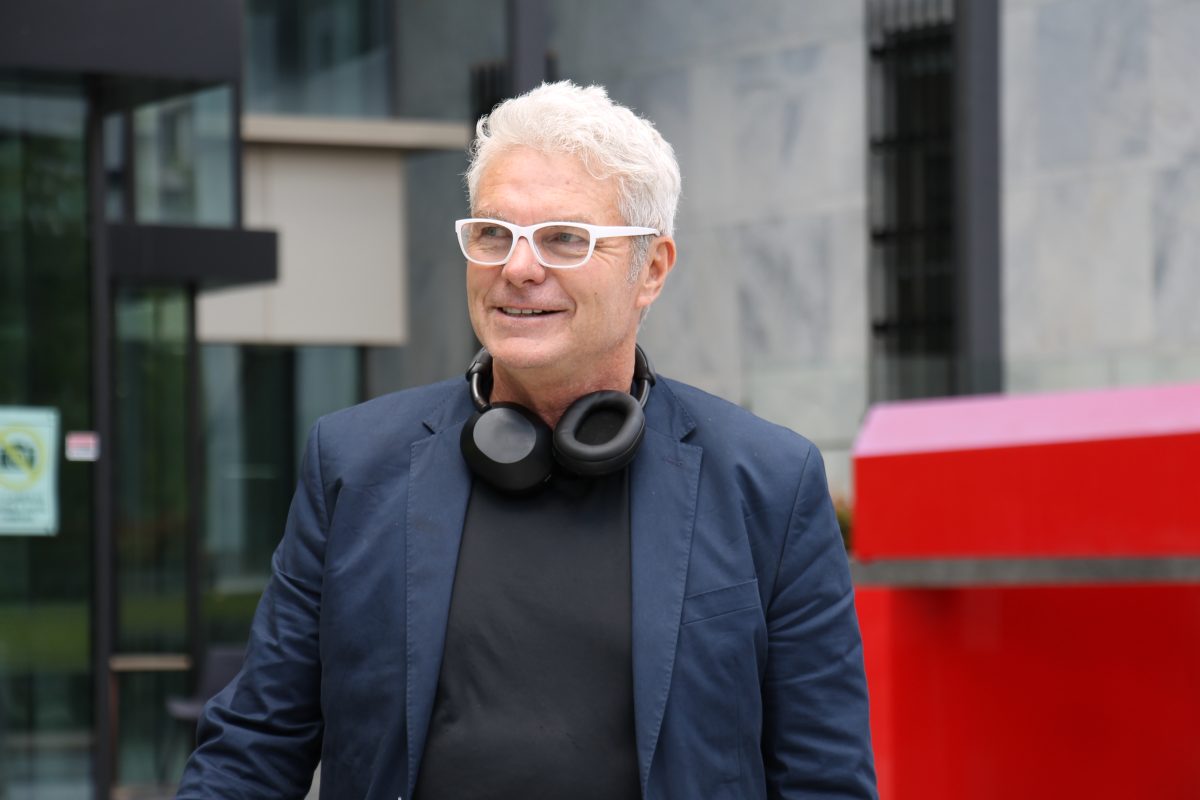
David McBride listened to the most recent decision in the case against him on Wednesday. Photo: Albert McKnight.
The lawyers for whistleblower David McBride will attempt to appeal a recent court decision, which will delay the planned start of his trial.
Mr McBride is accused of providing confidential information to three journalists from 2014 to 2016 during a posting in Canberra while he had been a lawyer and a major in the army.
The prosecution will argue this alleged disclosure was not part of his official duties.
He had been scheduled to face an ACT Supreme Court trial this week, with jury empanelment planned for Thursday (16 November).
Pre-trial arguments have been underway, with Justice David Mossop deciding on some issues on Wednesday (15 November).
A question he was resolving was around the concept of ‘duty’ and what directions he would give to the jury on that subject.
He said Mr McBride’s lawyers had argued that due to an official oath, their client had sworn, there may be circumstances when his duty implied that he could act in the public interest of Australia, even when that was contrary to another lawful order.
The prosecution argued the official duty of a military officer was to follow orders.
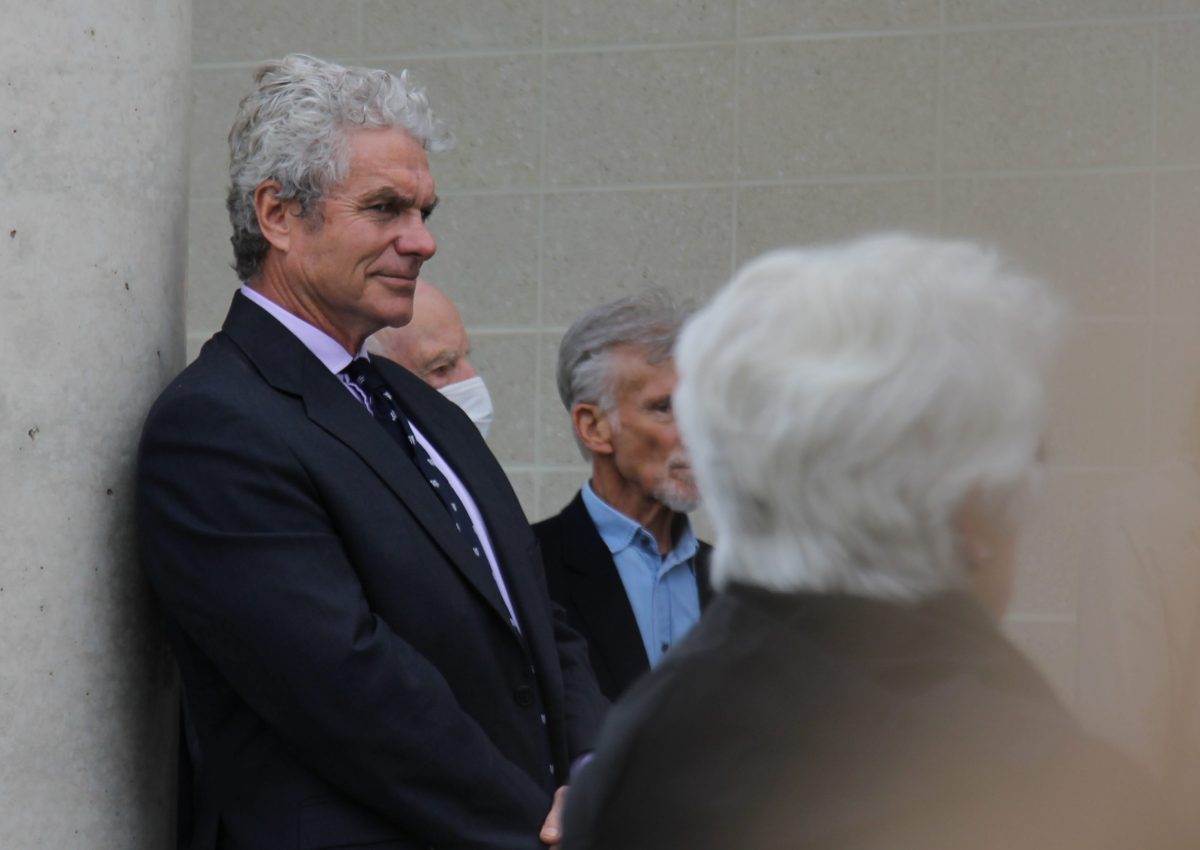
David McBride is fighting the charges against him. Photo: Albert McKnight.
Justice Mossop ultimately said he would be directing the jury on the basis that there was no aspect of Mr McBride’s role as a military officer that allowed him to act in Australia’s public interest when that was contrary to a lawful order he had been given.
However, once he finished giving his decision, Mr McBride’s barrister Stephen Odgers SC said he would be filing an appeal to the Court of Appeal.
He suggested the court should not press ahead with the trial; however, prosecutor Patricia McDonald SC thought they should.
Justice Mossop said a Court of Appeal judge was available to hear an application for leave to appeal on Thursday morning and the jury would now be scheduled to be empanelled on Monday (20 November).
Mr McBride has been handed five charges, including three counts of communicating information to someone outside his official duty as a member of the defence force.
He is also charged with single counts of dishonestly appropriating Commonwealth property and disclosing information to a person while not authorised.
He was committed for trial in 2019, which means the proceedings have been before the Supreme Court for about four years.












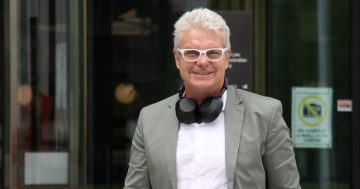
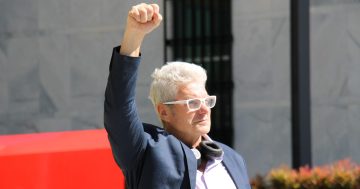

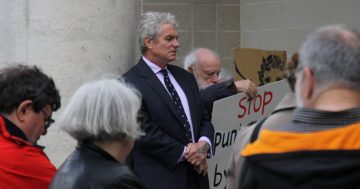
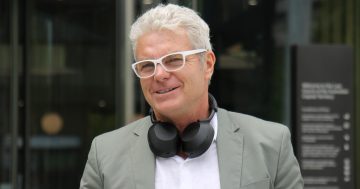

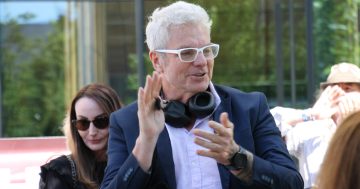

And about to become an election winner. View